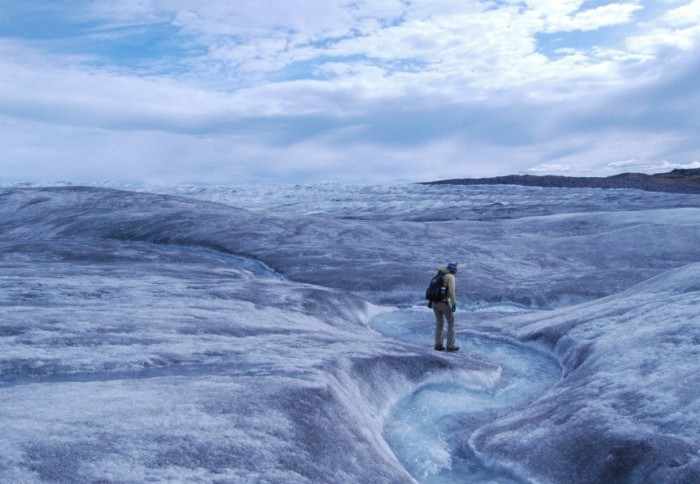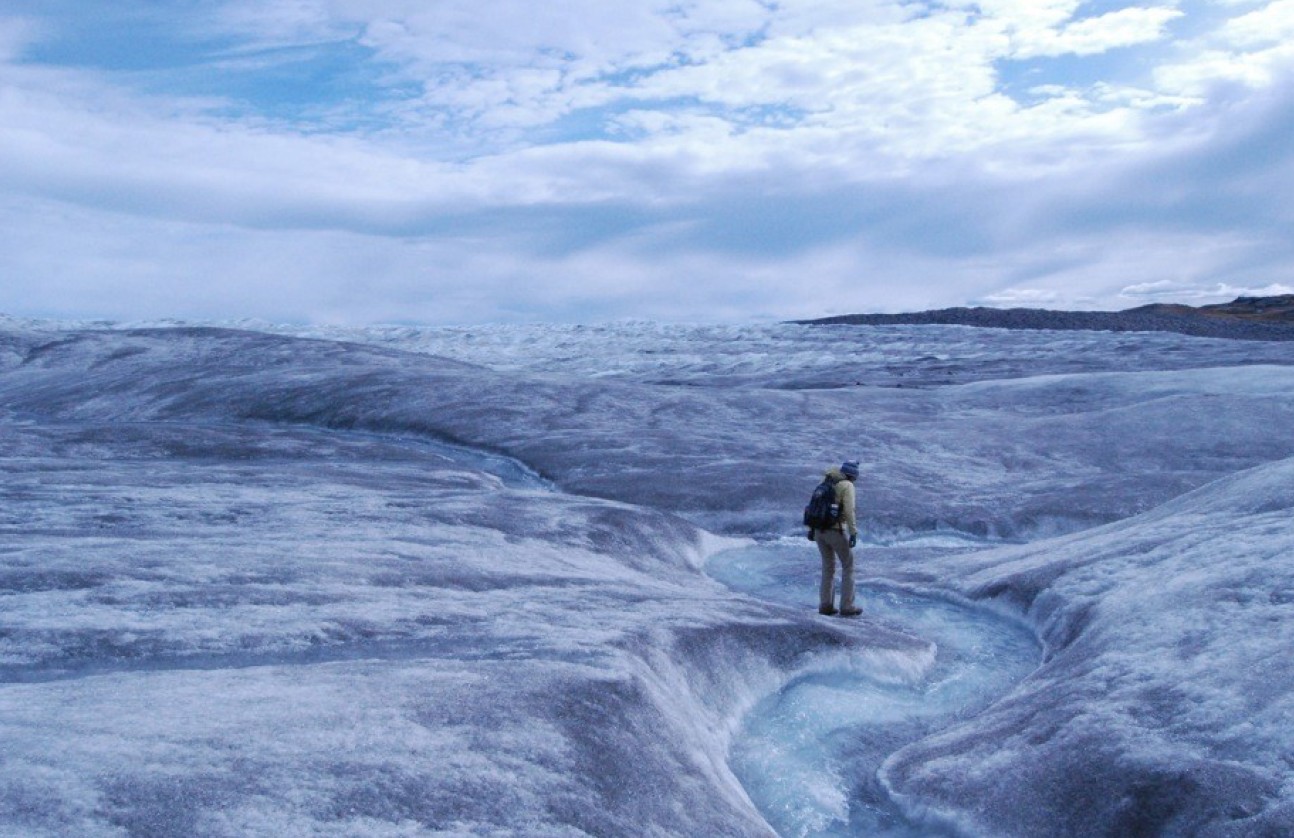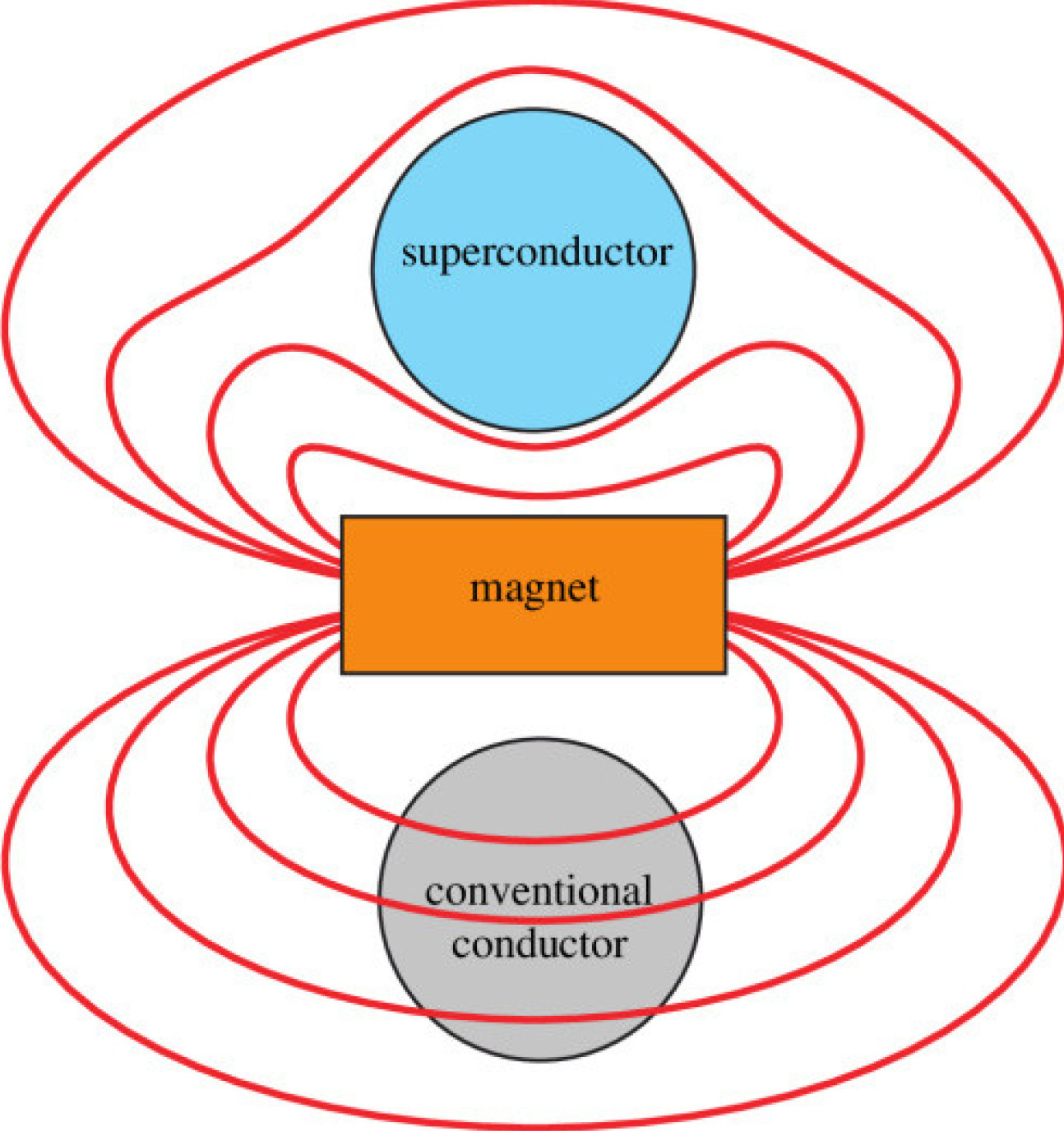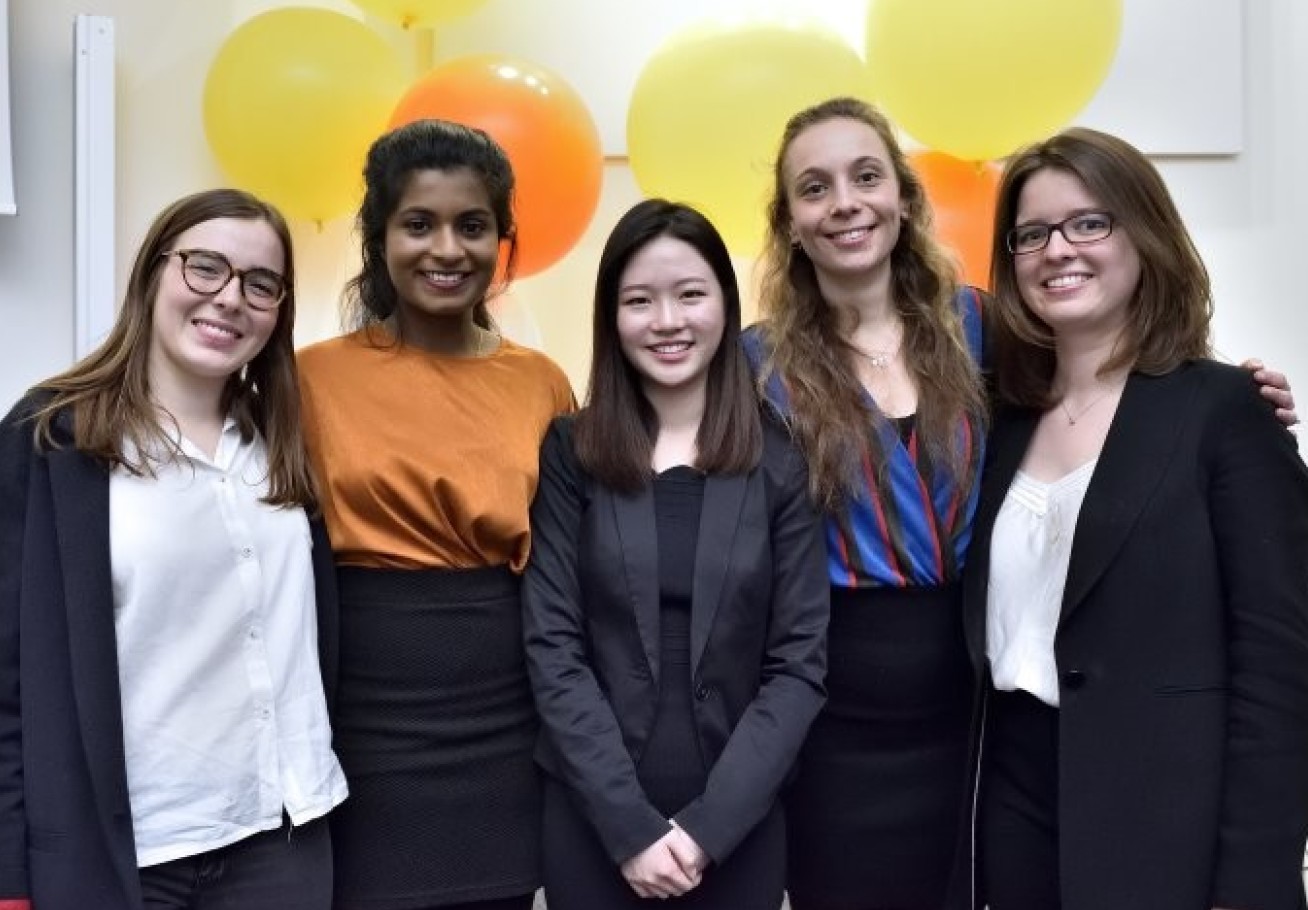Cutting carbon and protecting pollinators: News from the College

Here’s a batch of fresh news and announcements from across Imperial.
From a new plea to stop irreversible climate change, to new citizen-science resources focusing on protecting pollinators, here is some quick-read news from across the College.
50% carbon cut critical by 2030
 Governments are being urged to stop irreversible climate change by ensuring carbon reductions of 50% by 2030 by a new coalition of emissions research institutions and cryosphere (snow and ice) experts.
Governments are being urged to stop irreversible climate change by ensuring carbon reductions of 50% by 2030 by a new coalition of emissions research institutions and cryosphere (snow and ice) experts.
The international 50:30 group includes scientists from the Grantham Institute – Climate Change & the Environment and a few governments on track for the essential reductions.
Although most countries pledged carbon neutrality by 2050, and declared a “planetary emergency”, a report from the United Nations Framework Convention on Climate Change showed virtually none are taking meaningful steps to achieve this.
Impacts of higher temperature and CO2 levels will trigger global cryosphere changes irreversible on human timescales, including: sea-level rise; severe polar ocean acidification lasting 50,000 years; loss of glaciers for many centuries; and carbon emissions from melting permafrost lasting up to two centuries.
Electromagnetic amplification
 Mechanical forces in electromagnetic systems are transmitted through 'lines of force' (LOFs). When amplifying electromagnetic waves, for example when creating laser pulses, the traditional method is to use materials that add more LOFs.
Mechanical forces in electromagnetic systems are transmitted through 'lines of force' (LOFs). When amplifying electromagnetic waves, for example when creating laser pulses, the traditional method is to use materials that add more LOFs.
Superconductors are materials that conduct electricity with no resistance that can repel magnets by expelling magnetic LOF, compressing them and hence increasing their energy density. Researchers at Imperial wondered if this mechanism could be applied at higher frequencies, for electromagnetic wave amplification.
They propose a time-dependent system, where a local modulation of the refractive index moves through a material at close to the speed of light, trapping the LOFs of any radiation present and compressing them, ultimately ejecting them as a train of sharp, intense pulses.
Read the full paper in Optica: “Gain mechanism in time dependent media”
Innovating women

Imperial’s Enterprise Lab have launched their search for the next generation of women entrepreneurs, as part of WE Innovate, the College’s flagship programme for startups led by women.
The ten finalists in this year’s competition include a bio-tampon for cancer detection, a device for reading multiple lines of braille and a remote foot-care device to prevent diabetic foot ulcers.
In June, the ten finalists will be whittled down to five, who will then battle it out at the competition’s grand final on Friday 25 June for their chance to win a share of the £30,000 prize fund.
Find out more about this year’s projects in the WE Innovate virtual pitchbook.
Protecting pollinators
Students, teachers, and scientists across the UK and Italy have joined forces to launch a new series of citizen-science resources focusing on pollinators, such as bees and butterflies. The X-Polli:Nation project, which includes researchers from the Centre for Environmental Policy at Imperial, includes a new survey, online courses, AI tools, and downloadable activity sheets, with plans for more surveys and competitions in the future.
The project is funded by the EPSRC and National Geographic, and aims to raise awareness of environmental issues facing pollinating insects, collect data on their feeding preferences for science, plant habitats to support them, and find new ways to communicate their importance to a wider community. X-Polli:Nation will encourage participants to create, maintain and monitor pollinator-friendly habitats and act as pollinator stewards in society.
Read more on the X-Polli:Nation website or follow the project on Twitter @XpolliProject.
–
Want to be kept up to date on news at Imperial?
Sign up for our free quick-read daily e-newsletter, Imperial Today.?

Article supporters
Article text (excluding photos or graphics) © Imperial College London.
Photos and graphics subject to third party copyright used with permission or © Imperial College London.
Reporter
Linsey Wynton
The Grantham Institute for Climate Change
Hayley Dunning
Communications Division
Joanna Wilson
Communications Division
Andrew Youngson
Communications Division